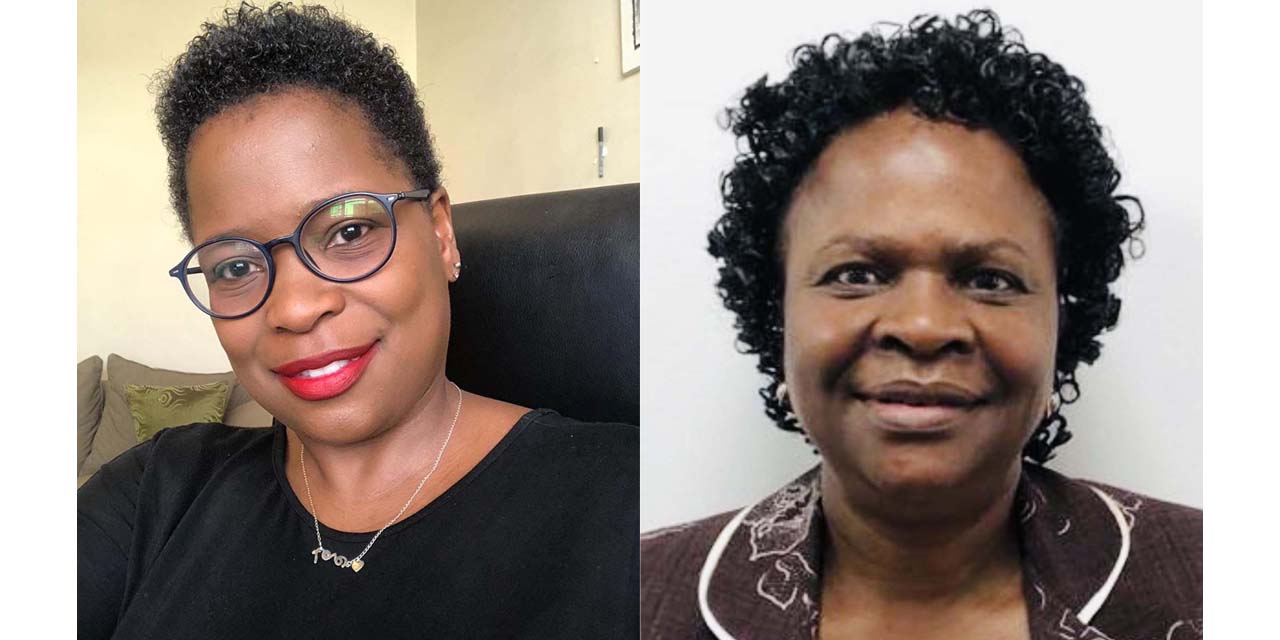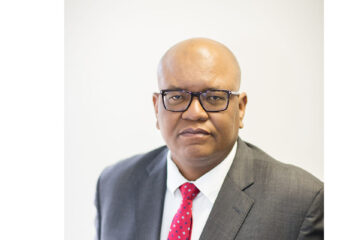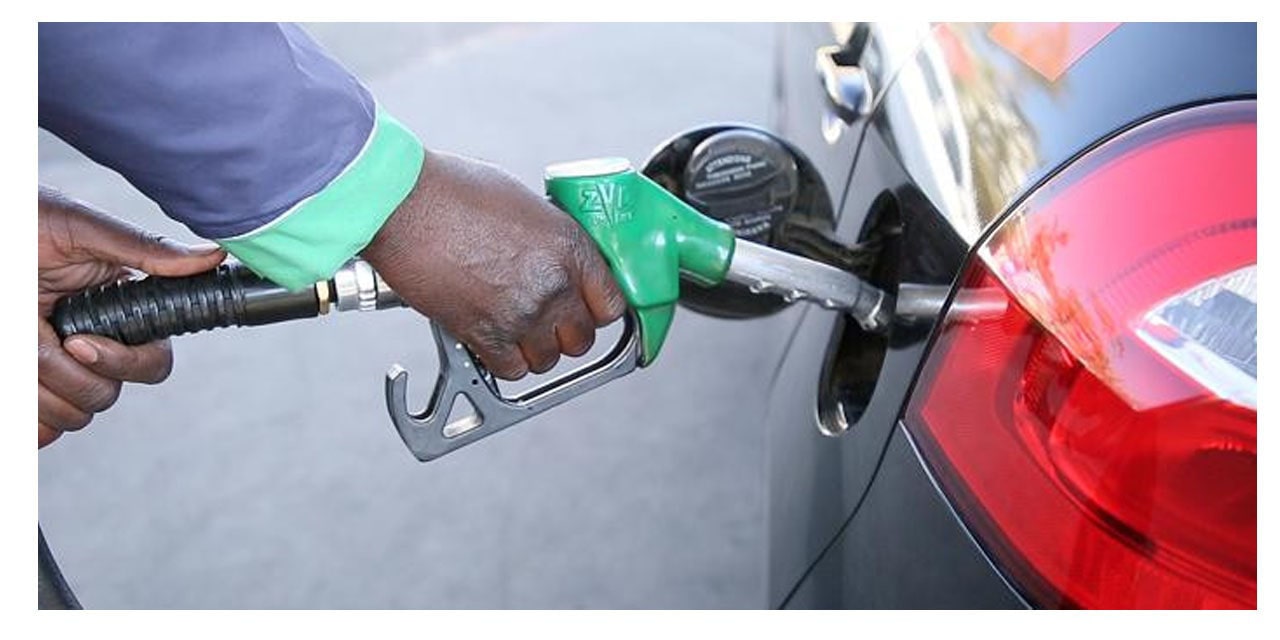Moses Magadza
The AIDS and Rights Alliance for southern Africa (ARASA) has welcomed the new Political Declaration on Ending AIDS by 2030, saying it includes clear targets that should prompt member states to take pointed action to end AIDS as a public health threat by 2030.
United Nations Member States adopted the Political Declaration: Ending Inequalities and Getting on Track to End AIDS by 2030, during the UN General Assembly High-Level Meeting on AIDS last month.
In the Political Declaration, world leaders expressed concern over inequalities across multiple forms and national contexts based on HIV status, gender, race, ethnicity, disability, age, income level, education, occupation, geographic disparities, migratory status and incarceration. These jinxed efforts to reach 2020 global HIV targets.
Bold targets
The new targets include reducing the annual number of new HIV infections to under 370 000 and AIDS-related deaths to 250 000, eliminating new HIV infections among children, ending paediatric AIDS and eliminating all forms of HIV-related discrimination by 2025.
Further, world leaders committed to providing life-saving HIV treatment to 34 million people by 2025 and to prioritise HIV prevention by ensuring that, by 2025, 95 per cent of people at risk of HIV infection have access to and use appropriate, prioritized, person-centered and effective combination prevention options.
The Political Declaration is aligned to the recently-adopted UNAIDS Global AIDS Strategy 2021-2026: End Inequalities. End AIDS, which uses an inequalities lens to address underlying drivers of the HIV epidemic. It prioritises marginalised communities who are not yet accessing life-saving HIV services and sets out courageous targets to get countries back on-track to end AIDS as a public health threat by 2030.
The targets include novel ones to address inequality, dubbed the 10-10-10 targets. They aim to ensure that, by 2025, less than 10% of countries have punitive legal and policy environments, less than 10% of people living with HIV and key populations experience stigma and discrimination, and less than 10% of women, girls, people living with HIV and key populations experience gender inequality and violence.
Significant shift
ARASA Director Felicita Hikuam, hailed the new 10-10-10 targets, saying they “represent a significant shift from prioritising biomedical interventions to addressing structural interventions that contribute to an enabling environment, where people, particularly marginalized communities, can freely access life-saving HIV services”.
She said it was laudable that bold targets had been set for important indicators such as reducing stigma and discrimination, given that in the past there were vows to reduce them but with no clear targets.
With the 10-10-10 targets in place, Hikuam is optimistic that duty bearers that include government officials and parliamentarians would strive to ensure that by 2026 when the new Political Declaration comes up for review, their countries would report good progress.
“The 10-10-10 targets are designed to address structural issues which continue to undermine HIV responses. Stigma and discrimination, particularly against people living with HIV and those at risk of HIV infection such as young women, sex workers and men who have sex with men, continue to pose major barriers and should be removed,” she said.
Structural issues
Director for UNAIDS Namibia Dr Alti Zwandor (an epidemiologist), said there was need to focus on institutions and structures that influence how society should organize and conduct itself.
“These include traditional institutions, regional institutions and the governments to create an enabling environment for everyone including key populations. For as long as 10 percent of people have no access, it means we have failed to reach everyone,” she said.
Power of communities
Zwandor said communities that have been left behind must be put at the center of programming, while community-led responses that have worked must be strengthened.
“They (community-led responses) are the way into the future as we embark on this decade of action,” she stated.
In parts of the world where sex work, same sex and drug use have been decriminalized, there has been a marked reduction in new HIV infections and an increase in access to services among key populations, especially people who inject drugs.
The participation and leadership of key populations has worked, prompting some development partners to advocate for their involvement in the design, implementation, monitoring and evaluation of services that benefit them.
Hikuam called for the capacity of young people to mobilize their peers and take the lead in designing responses that are meant to profit them, to be built.
“No one knows where the shoe pinches like the wearer. Much of the successes under the 90-90-90 targets can be attributed to community-led interventions, often delivered through community-based peer systems,” she noted.
Dwindling resources
The new Political Declaration had set a target of about USD 58 billion to be raised before 2025 to support AIDS responses.
Hikuam said: “This is important in the face of flat-lining and platooning of resource allocation – particularly domestic – for HIV-related interventions over the past few years in parts of the world including in southern and east Africa.”
UNAIDS reckons that over the past five years, external contributions to the AIDS response have declined drastically, with donors shifting priority to other issues like sexual and reproductive health rights and COVID-19.
Zimbabwe’s innovation
On a positive note, there has been a significant increase in the last 10 years by African countries investing domestic funding to national AIDS responses, with Zimbabwe’s AIDS Levy frequently held out as an example of good practice. However, domestic investment in AIDS responses has stagnated over the past three years in many African member states, according to Zwandor.
Hikuam said with donor partners struggling with their own issues like COVID-19, migration and climate change, the need for African member states to think of how to fund their HIV and AIDS programmes and promote national ownership backed by political will is more urgent now than ever.
*Moses Magadza is a freelance journalist and a PhD student with research interests in agenda setting, critical discourse analysis (CDA) and framing of key populations by the media. He won the SADC Media Award in 2008.




